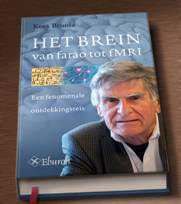*** DEADLINE EXTENDED: 30 JUNE 2015 ***
The Scientific committee invites proposals for symposia on any topic relevant to the study of cognition, behavior and the brain. These symposia will be the centerpiece of the meeting.
NVP has a strong preference for symposia proposals to focus on specific questions rather than a set of loosely related talks. Proposals that integrate multiple methodologies around common questions are particularly welcome. Symposia will feature 4 speakers. Deadline for symposia proposals is June 30, 2015. Symposia proposals can be sent by e-mail to Floris de Lange (floris.delange@donders.ru.nl), the chair of the Scientific Committee.
A symposium contains four speakers who present during a two-hour session. It is important that the agreement of the chair and speakers has already been obtained before submission. Provide the following information (all character limits include spaces):
- Contact information of all speakers (institutions, emails, addresses, positions, gender).
- Title of the symposium and the individual presentations.
- Short description of the symposium for use in the NVP program book (500 characters).
- The overall objectives for the symposium (1500 characters).
- Why the proposal is timely (500 characters) .
- One recent citation of a published work for each speaker
Please note that the Program Committee does not permit the inclusion of chairs or speakers to participate in more than one symposium.


